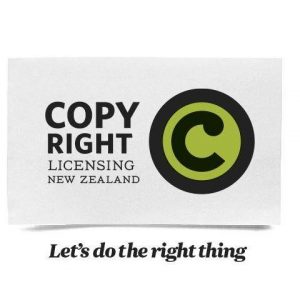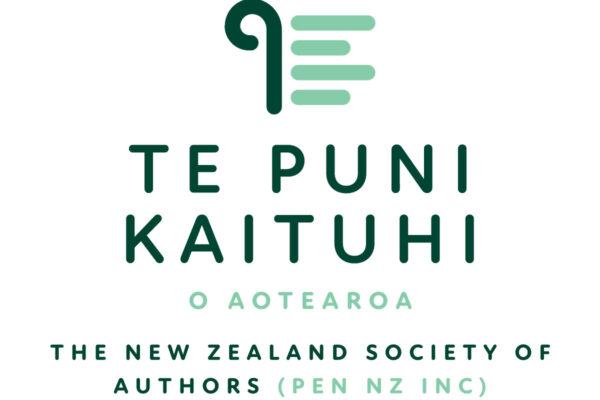Background www.storytime.rnz.co.nz
In June 2022 Radio New Zealand (RNZ) commenced a project to move the collection of 1700 RNZ Storytimes to an online (internet-based) platform. The authors of these stories have been approached by RNZ who have noted that they need to “update our relationship with you” in regard to the rights and permissions needed for the online publication of these audio recordings.
To support authors and publishers to make informed decisions in their response to RNZ, CLNZ, NZSA and PANZ have sought clarification of the Copyright Act as it relates to Reading and Performing Books and have set out some other points that may be useful for you to consider. Please note that the information below is not legal advice.
Prior to drafting this information for you, CLNZ, NZSA and PANZ met with Tim Watkin from RNZ and discussed the RNZ Storytimes project. We were advised that RNZ does not have a budget for the project. This means that you are being asked to provide rights to your work for free. We have shared with RNZ that Creative New Zealand have recently published a Remuneration Policy[1] that includes principles on fair remuneration for creative practitioners.
Copyright in Reading and Performing Books
The right to perform a creative work (for a book this includes reading aloud) is one of the exclusive rights[2] that copyright law provides to the creator/author[3] of a work. Performing a book includes the making of a visual or audio presentation of it, such as a sound recording or a film. Live streaming (a live performance on the internet) is also included as an exclusive right. The author of a book can create their own video and audio versions of their work or provide permission to others (usually under the terms of a licence) to do so. If you have signed an agreement with a publisher, it is possible that agreement will cover audio and ebook rights.
Digital Rights and Digital Works
The distribution and licensing models for digital books is very different to physical books. The potential audience-reach with digital is anyone with access to the internet. Once your book is in a digital format (eBook or audiobook) and available from an open (unrestricted) website, it can be read and/or listened to by anyone and, depending on the security of the digital file, may be able to be copied and shared illegally. If the author / copyright holder has an existing agreement for a digital version of their work, they may not be able to provide permission to another organisation for digital uses.
Sale Substitution or Marketing?
Another consideration is whether having a free digital version of your book available will provide a substitute that results in lost sales. Or, will it show your work to readers who will then buy a print copy? Both are possibilities.
RNZ Storytimes
These audio versions of the books held by RNZ were originally made for radio-only broadcast and the agreements entered into between RNZ and the authors/copyright holders of the books reflect that limited permission. In order to comply with the Copyright Act, RNZ needs additional permission from each author (or the copyright holder if the author doesn’t hold copyright) for online use.
Conclusion
The choice as to whether to provide further permission to RNZ to make what was a radio-only audio version of a book available online rests with the author/copyright holder. In commercial terms, it would be expected that a request for additional permissions, including digital permissions to a potential worldwide audience, would be accompanied by a licence fee payment. The permission being sought by RNZ is for an undefined period of time and, as mentioned previously, no remuneration is being offered. If the book RNZ is seeking your permission for is already available in a digital version, the existing contract for that publication will need to be checked first to ensure that giving RNZ such permission will not put the author/copyright holder in breach of the existing contract.
[1] 20220209_remuneration_policy_for_artists_and_arts_practitioners.pdf (creativenz.govt.nz)
[2] There is a limited exception to this for educational purposes that does not apply in the situation with RNZ
[3] If an author has an agreement with a publisher for the publication of a book and the rights under that agreement sit with the publisher, it is the publisher who will most likely need to engage in this permissions process with RNZ







